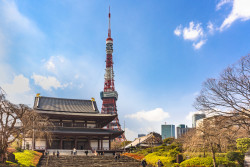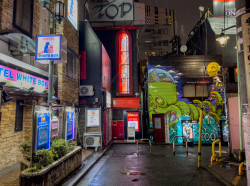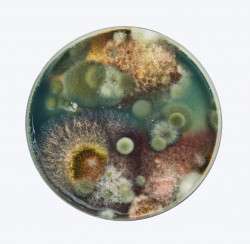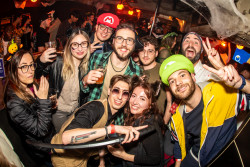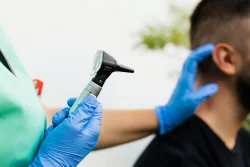
April 15, 2011
Far From Over
As help begins to dwindle, volunteers in the Tohoku region are needed more than ever
By Metropolis
Originally published on metropolis.co.jp on April 2011

Phil Couzens
As a documentary film producer, foreign media crews eager to swoop in and capture the 9.0 magnitude destruction contacted me immediately after the quake. They wanted me to translate for their reporters and act as a coordinator, but I was in too much shock. I kept on saying, “I’ll reply to them tomorrow.” Towards the end of that week, I began to emerge from the sense of helplessness I was feeling. I wanted do something, but the question was—what?
As I began to collect goods to donate, I learned that the international NGO Peace Boat was planning to send weekly busloads of volunteers up north. I contacted them offering to video document their relief efforts.
We departed Peace Boat’s Takadanobaba offices on a Friday evening and arrived in Ishinomaki, Miyagi-ken early the next morning. Peace Boat had set up a tented office on the premises of Senshu Daigakuin Ishinomaki. The university campus is perhaps 2km away from any of the noticeably affected areas. I had tried to prepare myself for what I was about to witness prior to departure by looking at as many images of the destruction that I could. Yet at first glance, the university’s neighborhood appeared perfectly normal. The houses were still standing. The local neighbors were driving around in their family cars.
That first impression, however, would fade quickly.
Over the next few days, I traveled with the volunteers to the neighboring towns of Ishinomaki—deeper into the loss and pain wrought by the tsunami. On our first distribution of takidashi (emergency rations), I first noticed small mounds of mud scooped on to the shoulders of the road and a hazy film of dust hanging in the air. Then tall piles of sodai gomi began lining the streets as if it had been declared national spring cleaning day. Soon after, the images we have all seen on the news emerged—store windows broken, smashed cars on top of each other, overturned boats several blocks in from the coast line. They were no longer just images on a screen. They were real.
Every day, the Peace Boat volunteers tirelessly sorted through the delivered donated goods, made takidashi runs, set up bazaars at local community centers, and removed mud and debris from residences. It wasn’t easy on their physical or mental states. However, there was a sense at the end of the day that they had made a small difference—whether to a family that hadn’t had a hot meal in days or to a small business owner whose shop was knee-deep in mud.
On my last day, we made a takidashi run to Koganeihama, a residential neighborhood east of Ishinomaki. This is where it hit me the hardest. As we walked around announcing the hot meals, I saw how many houses—while still partially standing—were beyond repair. In particular, the image of a turned-over freight truck with each end lodged in a different house haunts me the most. The residents were trying make sense of their homes and were sorting through the remains of their belongings. We had brought enough food for 150 people, but as word spread we were there, we were quickly running out. We did our best to make smaller portions so more could eat, but finally we had to turn people away.
Since returning to Tokyo, all I have wanted to do is go back and help more. While the downtown business areas of cities like Ishinomaki may clean up quickly, the small towns and neighborhoods that dot the coastline will take months—maybe longer.
Now, people are staring to get “relief fatigue.” Volunteers at local donation drives are dropping and the money is beginning to dry up. From what I have seen, the people of Tohoku have a long, hard journey ahead of them. Life may seem more or less back to normal here in Tokyo but the reality is that these disaster-hit areas are far from normality.
Just because the excitement of helping is waning, it doesn’t mean that people no longer require assistance. If you were planning a two-week summer vacation, think about dedicating one week now to help with relief efforts through Peace Boat. Or if you can’t spare a whole week, go with another volunteer team for the weekend. Don’t let fears of Fukushima radiation stop you and don’t let anyone tell you your help is not needed—because it is. This may be turn out to be one the most important things you will do in your life.
To volunteer, contact www.peaceboat.org/english. They are working to increase the number of volunteers they can take, but you might have to join a waiting list. Jhelp is another option, but hunt around to find more. It is possible to head up and join the efforts of local volunteer centers (such as Ishinomaki’s; Japanese only), though you will have to fend for yourself with Japanese and accommodation, etc.

